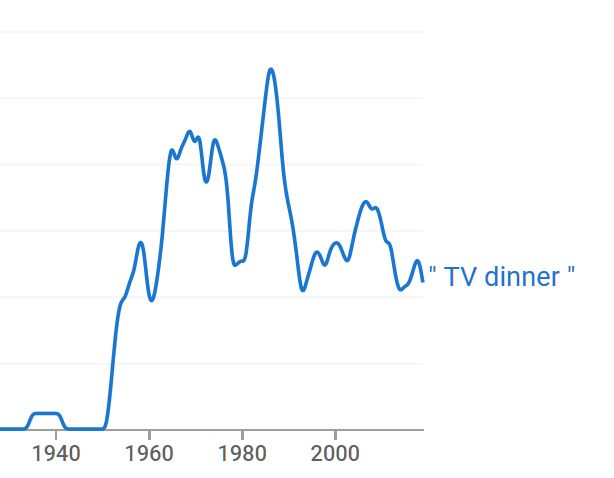Sunday, April 18, 2021
Random thought about editors and selectors
In recent years I've belatedly grasped the importance and value of editors and selectors. Whether the subject is car design or software or published writing, the editor/selector is always more important than the designer or programmer or author.
I've seen this from both angles, most strongly in the editors dealing with my courseware. A good editor doesn't need to know the details; she can smell poor writing or poor coding, and can guide me to improve the output.
Previous item on Tyson's idiocy is a fresh example of the value of editors. I had seen some reflections of the dispute but didn't know what it was about until Elizabeth Whately curated it.
Here's another angle. I like to check Whitney Webb's reporting now and then, because she manages to pick up sources that aren't easily available. She is hard to read because she doesn't have an editor. She tells long stories with lots of characters and personalities, and the important facts are somewhere in the dialog, not emphasized or outlined. I've bitched about this a few times, but finally realized that the unfiltered details are value worth paying for.
In "news" media, the paid editors are evil. They all serve "one" "side" or the "other" "side" of Deepstate. Unedited raw details are best. It's worth doing my own internal editing to sort the meaningful from the trivial. Like buying fresh vegetables instead of TV dinners.
Later: TV dinners? I'm old! When was the last time that phrase was used?
 Surprisingly it was most common in the '80s, not the '50s. The 1986 peak is sharp. A political slogan? The phrase remains about as common now as it was in the '50s. TV dinners never had any connection with TV, unless maybe the marketers were implying that Mom could spend more time watching TV with the family if she didn't have to prepare real food.
Surprisingly it was most common in the '80s, not the '50s. The 1986 peak is sharp. A political slogan? The phrase remains about as common now as it was in the '50s. TV dinners never had any connection with TV, unless maybe the marketers were implying that Mom could spend more time watching TV with the family if she didn't have to prepare real food.
 Surprisingly it was most common in the '80s, not the '50s. The 1986 peak is sharp. A political slogan? The phrase remains about as common now as it was in the '50s. TV dinners never had any connection with TV, unless maybe the marketers were implying that Mom could spend more time watching TV with the family if she didn't have to prepare real food.
Surprisingly it was most common in the '80s, not the '50s. The 1986 peak is sharp. A political slogan? The phrase remains about as common now as it was in the '50s. TV dinners never had any connection with TV, unless maybe the marketers were implying that Mom could spend more time watching TV with the family if she didn't have to prepare real food.Labels: Editors
